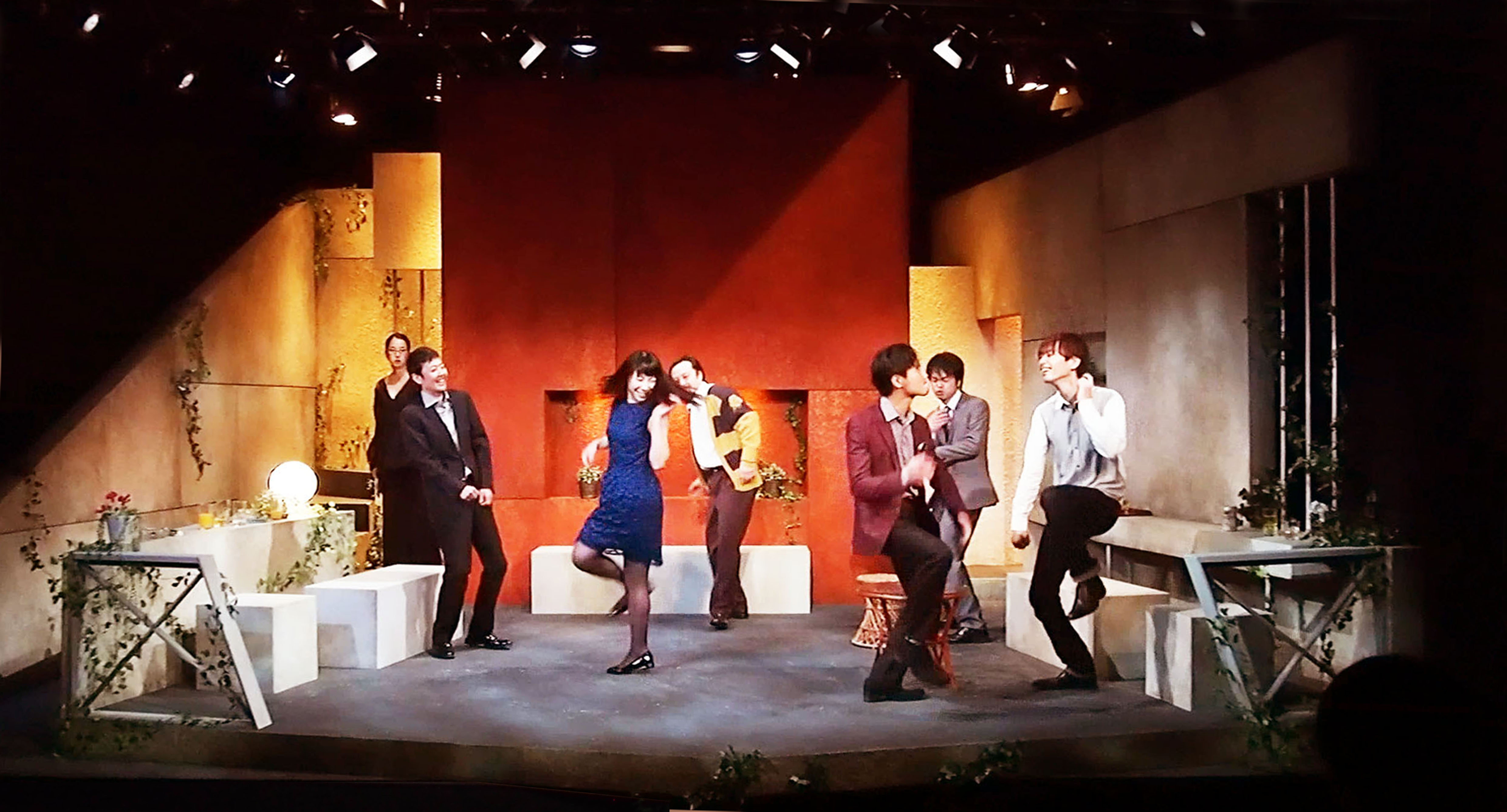Named after a prominent early 20th-century playwright, author and translator, and presented annually by the Hakusuisha publishing house since 1955, the Kishida Kunio Drama Award is indisputably Japan's top honor for writers of plays premiered the year before.
As the same person can only win the accolade once, scooping a Kishida has also long been regarded as a rite of passage for ambitious young writers, with most winners being in their 20s.
Recently, however, the honor has gone to some later entrants to the contemporary theater world following careers in other fields — with this year posting the oldest-ever winner when 56-year-old Kenji Yamauchi's name came out of the Hakusuisha hat in February.

















With your current subscription plan you can comment on stories. However, before writing your first comment, please create a display name in the Profile section of your subscriber account page.